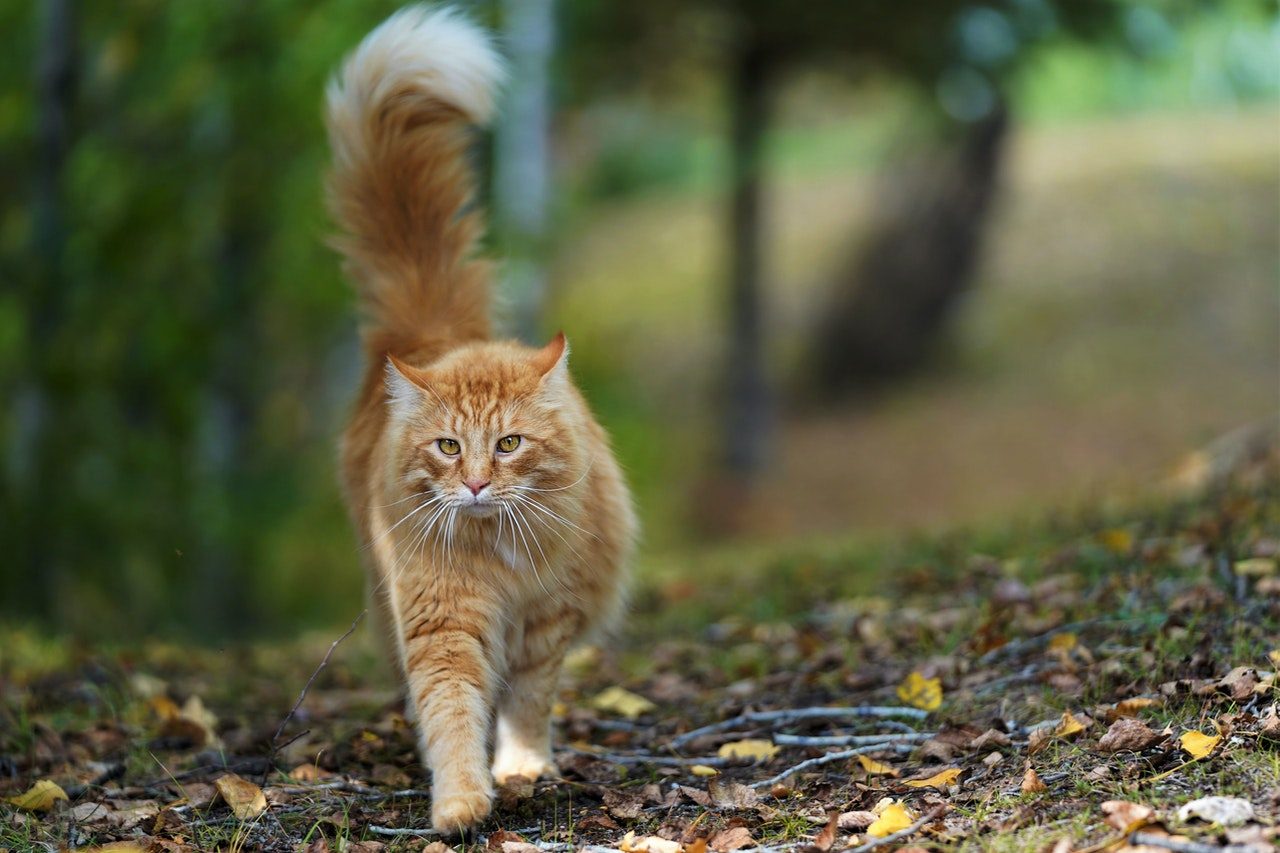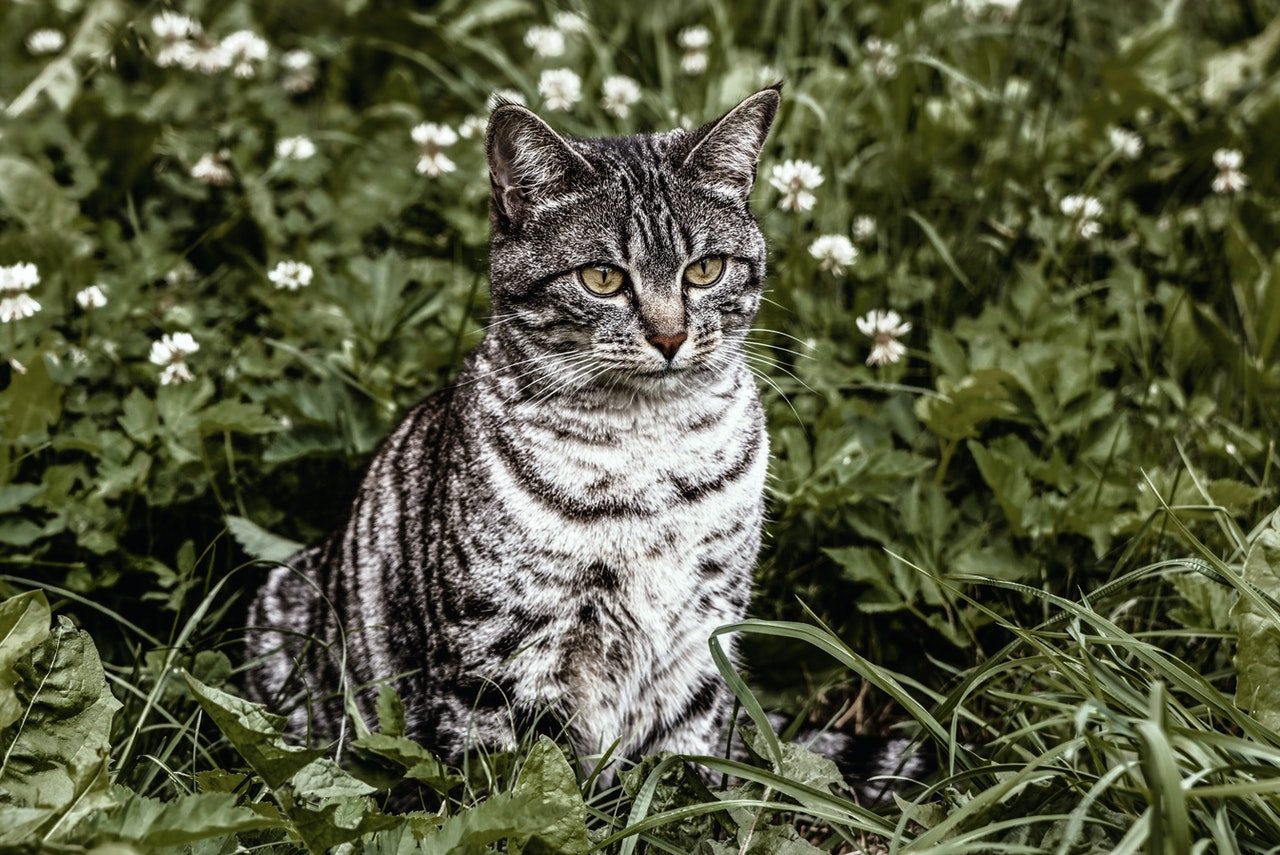If you’re reading this article, then you’ve most likely been frantically searching for tips that can help you find your missing cat. While nothing is more heartbreaking than having a member of your family go missing, there’s no reason to give up hope. How to find a lost cat depends largely on the circumstances of their disappearance. Did you see them escape and have some idea of where to begin to look? Or are you starting off at square one, with no idea of where your fur baby might have gone? Whether your cat darted outside when you opened the front door, or they managed to find an escape route through a cracked window, bringing your cat home as quickly as possible is your top priority. We’re here to help.

What are the chances of finding a lost cat?
According to American Humane, roughly 10 million pets turn up missing every year. While an impressive 93% of lost dogs were reunited with their owners, only 74% of cats found their way back home. That particular statistic sounds depressing, but please bear in mind that over 60% of missing dogs were wearing an ID tag or microchip, but only 25% of cats reported missing wore any form of identification.
Even if you keep your cat indoors exclusively, there’s always a chance they’ll escape. Microchipping your cat is a quick, affordable way of implanting a permanent identification tracker on your fur baby. If a neighbor finds your lost cat and takes them to the vet, they’ll be able to contact you immediately. (Just make sure you keep your information updated with the vet if you change phone numbers or move to a new address.)
Can cats find their way home if lost?
With their keen olfactory senses and almost supernatural homing abilities, dogs have an uncanny way of returning home after getting lost. But what about cats? Feline fur parents can rest easy. Numerous studies have shown that cats possess a similar ability to find their way back home after escaping. Cats may return home days, weeks, months, or even years after running away. In fact, a cat recently returned home after being missing for 12 years.
Posited theories to explain this phenomenon include their sense of smell, their visual memory, their territorial nature, and even a complex sense of magnetic geolocation. While the exact mechanism that enables them to find their way home is still the subject of debate, pet parents of missing cats can reassure themselves that their fur baby will come home if they’re able.

How do you attract a lost cat home?
According to the SPCA of Northern Virginia, most indoor cats who go missing aren’t really missing — they’re in hiding, and they’re probably hiding much closer to home than you would expect. An estimated 75% of cats turn up within 500 meters (a little over 1,640 feet) from where they went missing.
Even if your fur baby thinks they want to explore the great outdoors, they’re probably frightened and looking for the perfect hiding spot. Your cat is unlikely to respond to you while frightened. Thankfully, there are ways you can lure them back home. Here’s how to do it.
1. Put your cat’s bedding outside
If your cat has their own bed or a favorite blanket, placing it outside where they can smell their own scent may be enough to draw them back home. Some cats prefer to sleep plastered against their pet parents. If that’s the case with your fur baby, leave one of your unwashed shirts outside. She may find the scent comforting so that she’ll feel safe enough to return home.
2. Spread your cat’s litter outside
We definitely recommend using gloves for this tip, but spreading used cat litter outside creates a pungent aroma that’s sure to get your cat’s attention.
3. Set out some stinky food
According to Pet FBI, you should resist the urge to put out your cat’s normal kibble. Instead, opt for an oily, smelly fish like tuna, sardines, or mackerel. Your fur baby will be attracted to the scent, and you may be able to coax them back inside.
4. Leave the garage door cracked
If you saw your cat escape through a certain door, leave it cracked and wait to see if they’ll come back inside. Otherwise, we recommend leaving your garage door cracked, giving your fur baby a constant point of entry to return home.

Waiting for your missing cat to return home is nerve-racking, but try not to panic. Ask friends and neighbors to check under their porches and cars and inside their garages. Post your cat’s picture (along with your contact information) across your social media platforms and get in touch with your local animal control agency. If they know your fur baby is missing, they’ll contact you if they find a cat matching the description. Lastly, if your cat is microchipped, contact the company and ask them to change their status to “lost.”




